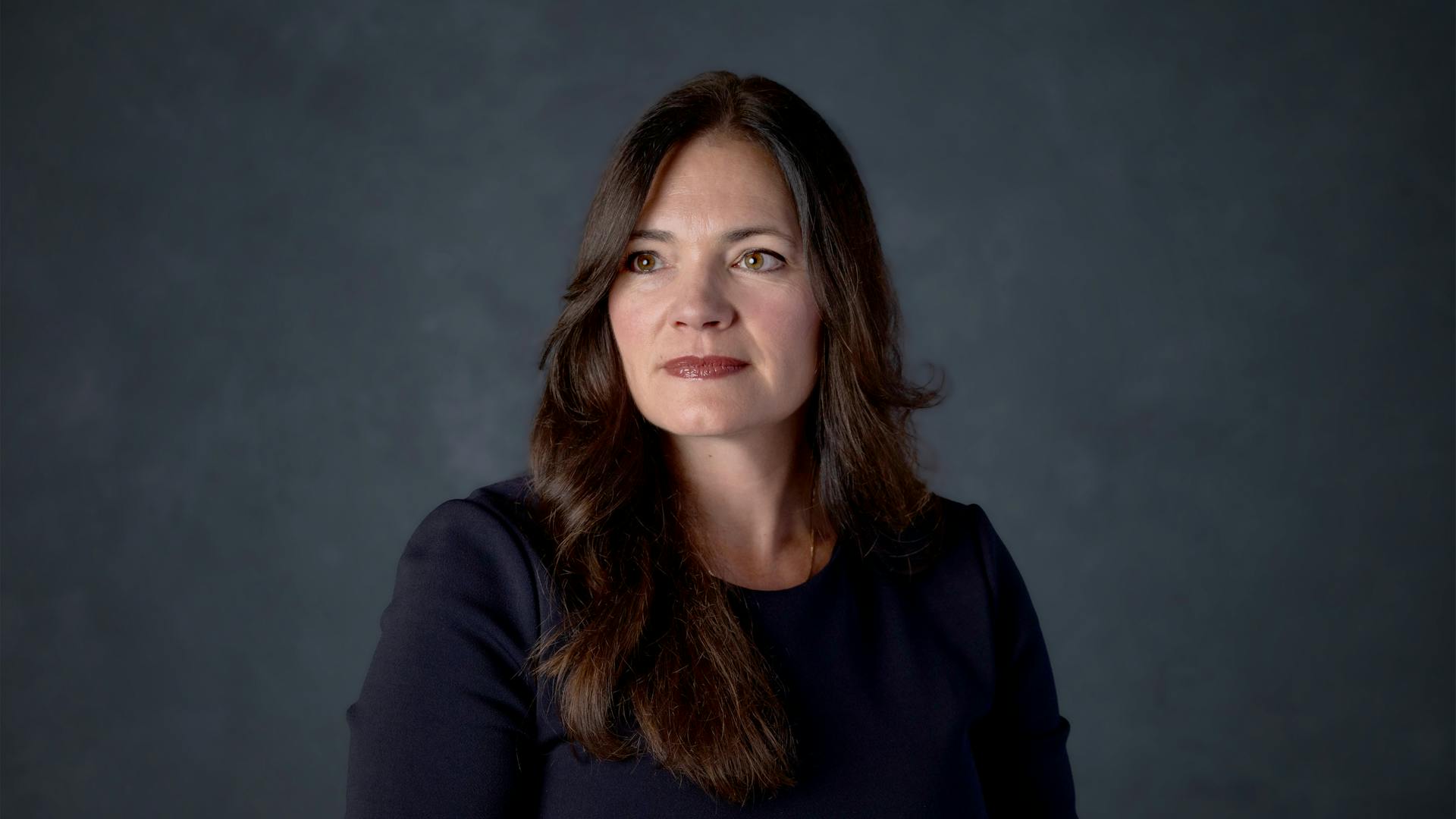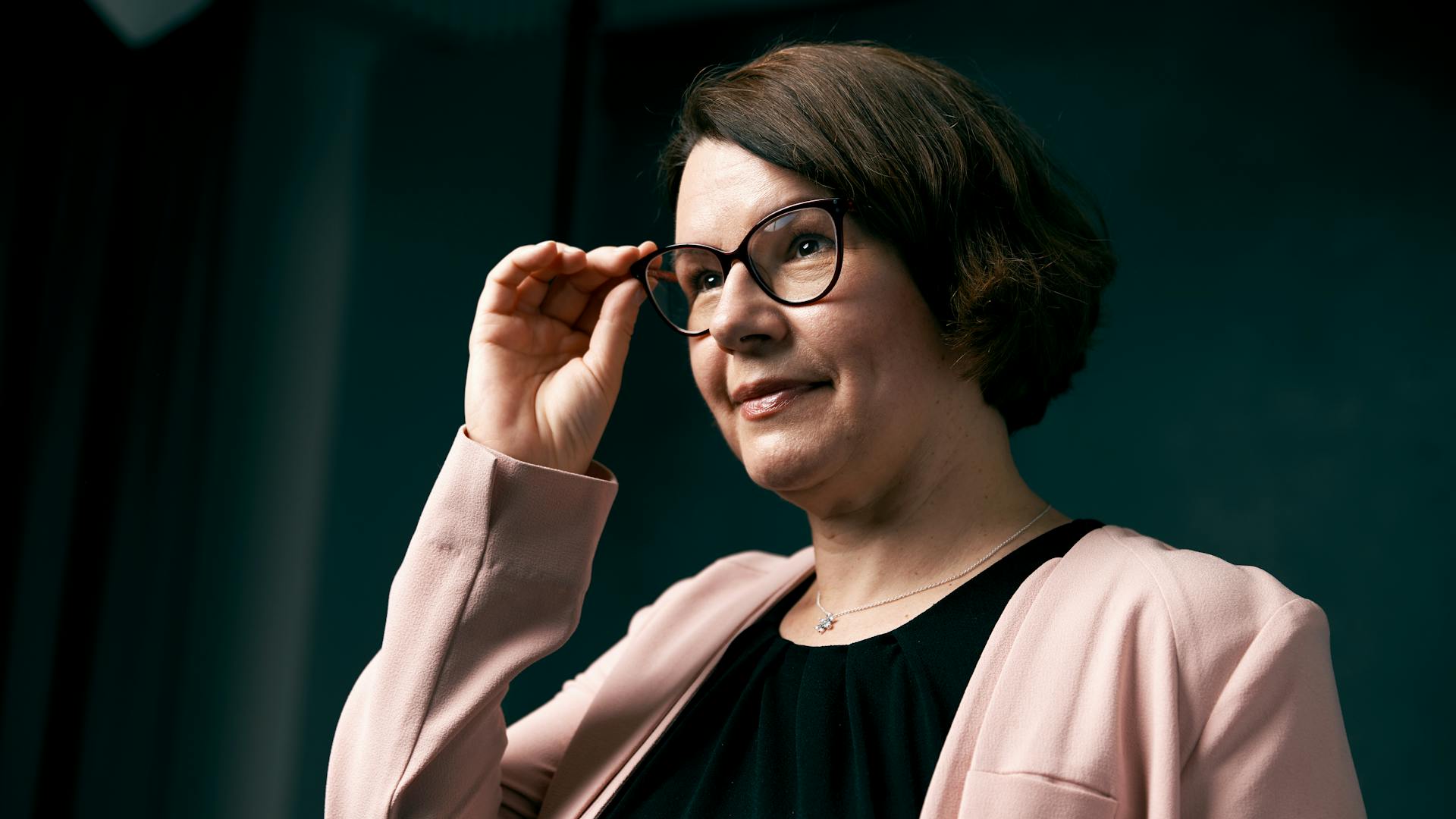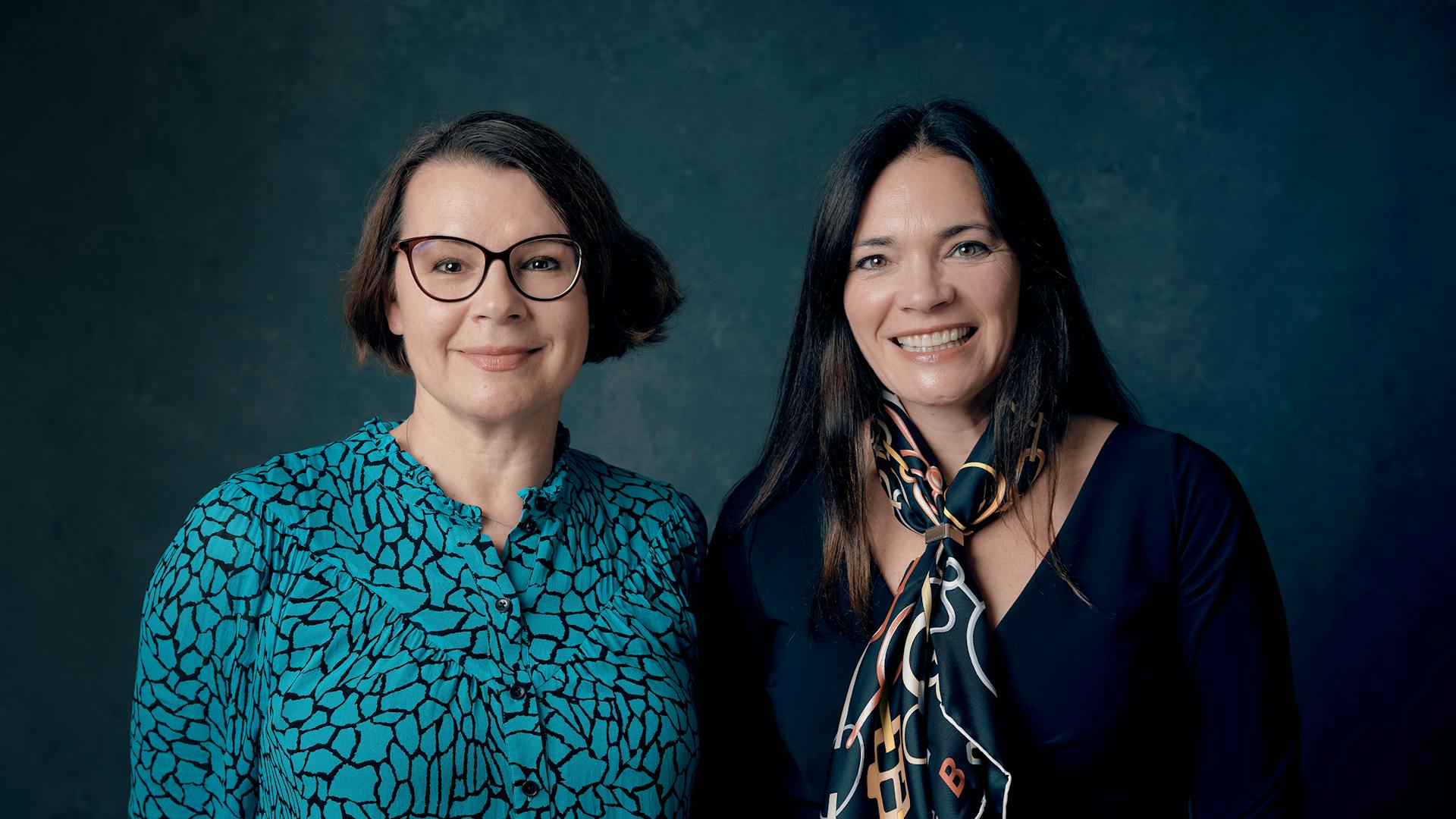Live. Magazine
Dianne Auclair Rocha and Vasilisa Sazonov have a mission: leveraging empathy and innovation to make Novartis the global leader in the realm of cardiovascular, renal, and metabolic (CRM) treatments and help as many patients as possible to improve and extend their lives.
The task at hand is massive. Every year, around 18 million people die due to cardiovascular diseases – some 80 percent prematurely. Likewise, many patients with rare kidney conditions are trying to make sense of their diagnosis or face the reality of potential lifelong dialysis or a kidney transplant.
Auclair Rocha and Sazonov want to make sure that no heart is lost too soon and that rare renal patients are no longer left isolated or alone. To achieve this, they are not just focusing on bringing innovative treatments to the market but also addressing disease area strategies to help solve some of the most challenging cardio-renal-metabolic problems such as earlier diagnosis and intervention.
Prevention is writ large: Early screening efforts, education, partnerships with leading healthcare institutes, hospitals, communities, and even churches, along with empowering patients to voice their needs in receiving timely treatments, are the building blocks of their strategy. With this approach they aim to reduce access barriers for millions of patients worldwide who struggle to receive appropriate treatments in a timely manner.
Testing is an important part of the prevention strategy of Novartis.
Auclair Rocha leads the CRM therapy area in the United States, while her colleague, Sazonov, oversees the rest of the world. The operational split, introduced in 2023 when Novartis accelerated its pure-play medicines strategy, reflects the company’s efforts to better focus on key commercial regions.
Although both are aware that the challenges are substantial, Auclair Rocha and Sazonov are not afraid of what is takes to overcome and improve the situation on the ground. Both are skilled business leaders and have found their way into the pharmaceutical industry through empathy and a deep sense of purpose as some of their close family members struggled with difficult diseases.
While Sazonov’s relatives were engineers and accountants, her wish to follow an education in the pharma industry was closely linked to her family situation. “What led me towards pharmaceutical sciences was my father’s illness when I was finishing high school. Another influence was my family’s neighbor who was a pharmacist,” Sazonov explained.
Early on, Sazonov was intrigued by pharmaco-economics and did an internship in the United States to learn more about rational decision-making and actuarial science, fields she would later explore in greater depth during her Ph.D. studies. Another important experience was a prolonged stay in South Africa, where she worked on an HIV-related project. “One of the most formative experiences was my internship in Johannesburg. While there, I worked in a hospital setting and witnessed firsthand the disparities in healthcare access and quality. It was a stark reminder of the global inequities in health and the critical role the pharmaceutical industry can play in addressing these disparities,” she said.
For Auclair Rocha, meanwhile, growing up in a family of military soldiers and collegiate and semi-professional level athletes, had an impact on her aspirations. “Our father, a US Air Force ranking officer, raised us from a young age to be leaders. He emphasized the importance of never just being a team member, but being the one who motivates, sets the standard, and elevates teammates.”
During her studies, Auclair Rocha had the opportunity for an internship with SmithKline Beecham. “I was quickly intrigued by the pharmaceutical environment and the connection to the purpose of serving patients. Witnessing a product launch sparked my interest in the industry’s impact on health and steered me towards a post-graduation career in pharma with Johnson & Johnson, starting in sales,” she said.
The fact that chronic and rare life-threatening diseases affected some of her family members made her even more determined to stay in the pharmaceutical business. “My personal and professional experiences converged, especially as I saw the impact of chronic disease within my family, including premature heart attacks among my siblings. This deepened my resolve to make a tangible impact on patient care. Leadership for me is about purpose and impact, guiding my team to deliver healthcare solutions that truly make a difference,” Auclair Rocha summed up her motivation to work in healthcare.

Dianne Auclair Rocha
U.S. Therapeutic Area Head for Cardiovascular, Renal and Metabolic.
Ms. Auclair Rocha, can you discuss the approach by Novartis to tackling cardiovascular health, considering its complexity?
Cardiovascular disease remains a leading cause of death globally, yet it doesn’t receive the same level of attention as diseases like cancer, diabetes, or chronic respiratory conditions. Unfortunately, today’s healthcare system is not incentivized to implement medical innovation at scale. We strive to change this by influencing health policies and enhancing quality control metrics to prioritize cardiovascular health. Key priorities are to accelerate the reintroduction and implementation of quality control metrics for LDL-C, while establishing metrics for Lp(a); championing the evolution and acceptance of nontraditional evidence generation strategies that drive clinical guidelines and health authority decisions that lead to faster uptake of innovation and patient outcomes; and, supporting targeted and focused change to IRA policies to ensure that new innovation has the runway to drive change for the future.
How do you keep your teams motivated and aligned with the Novartis goals amidst these challenges?
Clarity and focus are key. We invest considerable time in understanding external challenges and opportunities, especially from the perspective of healthcare providers and patients. This helps us align our internal objectives with market needs, ensuring our teams are not only informed but are also engaged and motivated by the clear, impactful goals we set.

Ms. Sazonov, how would you describe the challenges from your perspective as you tackle key markets such as Germany, China, and Japan, for example?
The cardiovascular market is highly competitive and complex, partly due to its long history of significant medical advancements and the high expectations set by successful drugs in the past. Even highly innovative treatments, despite the substantial investment that often goes into them, take a long time to ramp up because the introduction of new treatments requires a lot of groundwork.
Can you elaborate on this point?
We face the challenge of shaping the market’s understanding and acceptance of new treatments. This, for example, involves not just showcasing the clinical benefits but also effectively integrating these treatments into the healthcare systems. Our long and successful history in the cardiovascular space in which Novartis and its predecessor companies have been active for almost a century now, underscores the need for a structured approach to understand market dynamics, patient needs, and effective communication strategies to ensure that new treatments can reach their potential.
How do you apply these insights to your current strategies at Novartis?
My approach is multifaceted. It involves building robust internal and external communication channels, understanding the perspectives of patient and healthcare providers, and continuously learning from past experiences. This holistic strategy helps in making informed decisions about where to direct resources and how to position our products to overcome market inertia and achieve better healthcare outcomes.
Ms. Auclair Rocha, a key problem in the cardiovascular space is that many innovative treatments do not reach all the patients that could benefit from them. How do you address this problem?
Despite many innovative and highly effective treatments, it’s concerning that we as an industry are only reaching a third of those who could benefit from it. To address this, we are intensifying our educational efforts towards healthcare providers to emphasize the importance of early intervention. We are also refining our market strategies to enhance patient access and treatment adoption.
Ms. Sazonov, looking ahead, where do you see the biggest opportunities or changes for the pharma industry?
The future is in personalization and precision medicine. The ability to tailor treatments to individual patient profiles will revolutionize how we manage diseases, particularly chronic ones like those in the cardiovascular and renal areas. Also, digital health is reshaping patient engagement and treatment management, offering new ways to support patients remotely and in real time.
And what about the challenges?
The aging global population presents significant healthcare challenges, particularly in managing chronic diseases prevalent among older adults, such as cardiovascular diseases. Novartis is focused on developing innovative therapies that address these challenges, aiming to improve both life expectancy and quality of life for this demographic.
How does Novartis foster innovation within the company to meet these future challenges?
Innovation at Novartis is driven by a combination of advanced scientific research, strategic collaborations, and a deep understanding of patient needs. We foster a culture that encourages innovative thinking and value creation from bench to bedside. By integrating patient insights into our development processes, we ensure that our innovations are both impactful and aligned with real-world needs.

As experienced leaders yourself, what kind of advice would you give students who are interested in joining the pharmaceutical industry?
Ms. Sazonov: My advice would be to embrace the complexity of the industry and to see it as an opportunity for continuous learning and impact. Building a strong professional network, remaining open to new ideas, and developing effective communication skills are crucial. Always remember that the end goal is to improve patient outcomes, which requires not only scientific expertise but also a deep understanding of the societal and economic contexts in which healthcare operates.
Ms. Auclair Rocha: My approach is profoundly shaped by my family’s history with chronic diseases and sudden medical events. These personal aspects have instilled a drive in me to contribute positively to healthcare and patient outcomes and to prioritize the customer perspective first. Leading in this space means making a tangible difference, and this has been a guiding principle throughout my career. It is also what I want to share with younger people, that you really should pursue a career that is close to your heart and for which you feel a personal purpose.








